It’s a story that sadly seems to repeating across big-name businesses across multiple different sectors in recent years.
Consumer habits have changed, partly driven by a boom in online services. The old guard has simply failed to catch up, and it’s left them in financially precarious positions. Even vital consumer service providers like pharmacies haven’t been immune to this hardship.
The Changing Times
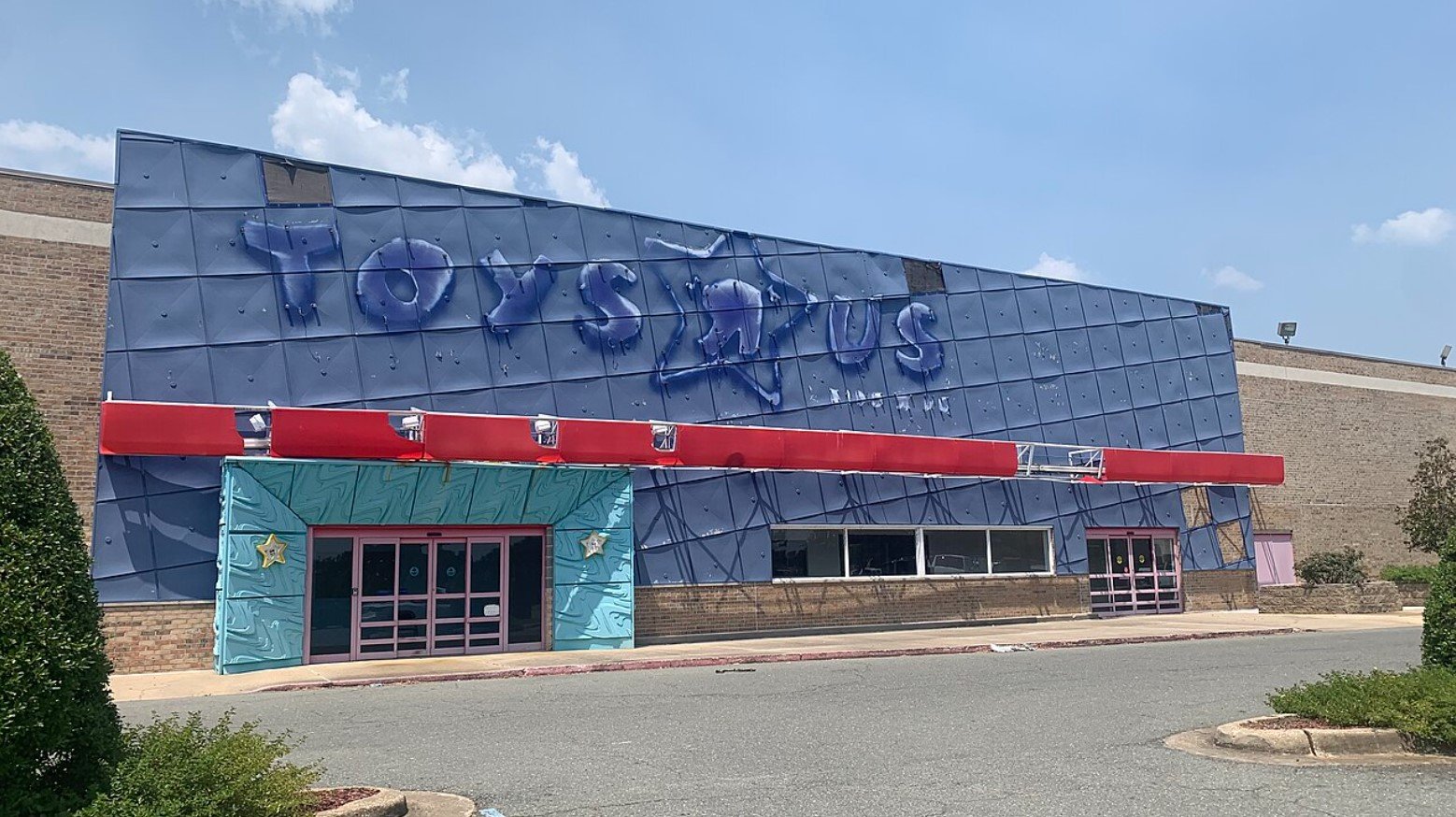
A lot of prominent retailers from times gone by have succumbed to rising debts in recent years. Iconic retailers like Toys”R”Us and Bed Bath & Beyond have been simply unable to recover from their mounting financial hardships and gone bankrupt.
It would be all too easy to blame this on the rise of online shopping and retailers like Amazon taking market share from physical stores, but this may not really be the case.
The Online Marketplace

While online shopping has obviously grown in popularity and companies like Amazon have certainly reaped the rewards of this, there is still a very real need for physical retailers.
Some 85% of retail sales still take place in brick-and-mortar stores. Management decision-making and poor strategy have likely led to the demise of some of these physical retailers. It’s demonstrable that people still want to shop in person.
Online Shopping Not Fast Enough Sometimes

Indeed, there are some instances where customers need to shop in person. There are a lot of items where people simply cannot wait for next-day or even same-day delivery from an online store. They need something faster.
Pharmacy prescriptions would probably fall under this category, meaning one might expect pharmacies to be a business to be insulated from the sort of struggles other physical retailers have faced. This is far from the case.
Struggles for Pharmacies
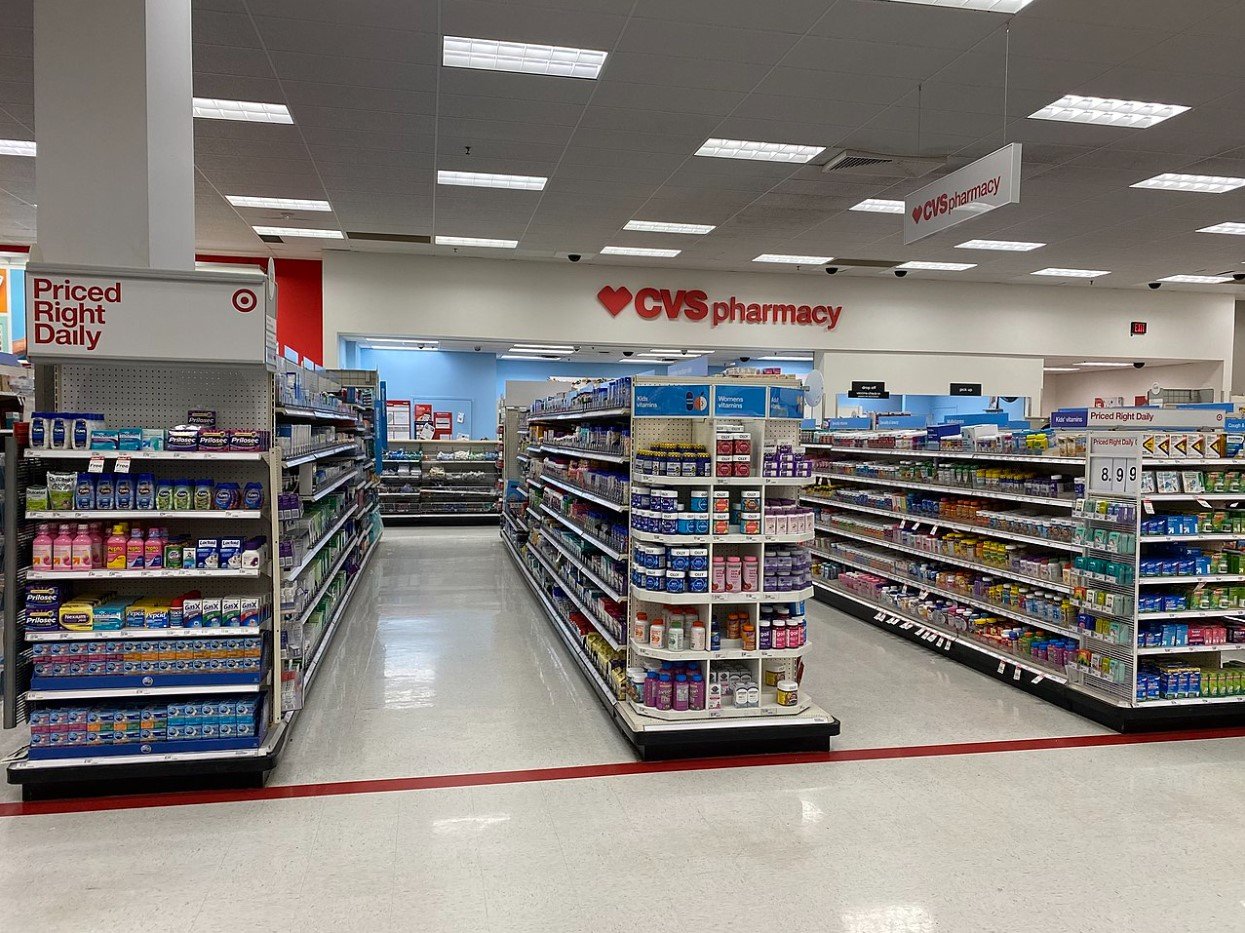
Rite Aid filed for Chapter 11 bankruptcy last year and has now closed close to 700 locations. Other pharmacies have fared a little better but still struggled.
Walgreens and CVS have managed to avoid bankruptcy but still closed stores. Now another prominent pharmacy has gone the way of Rite Aid and succumbed to its financial struggles.
Drugstores Facing the Brunt of Bankruptcy
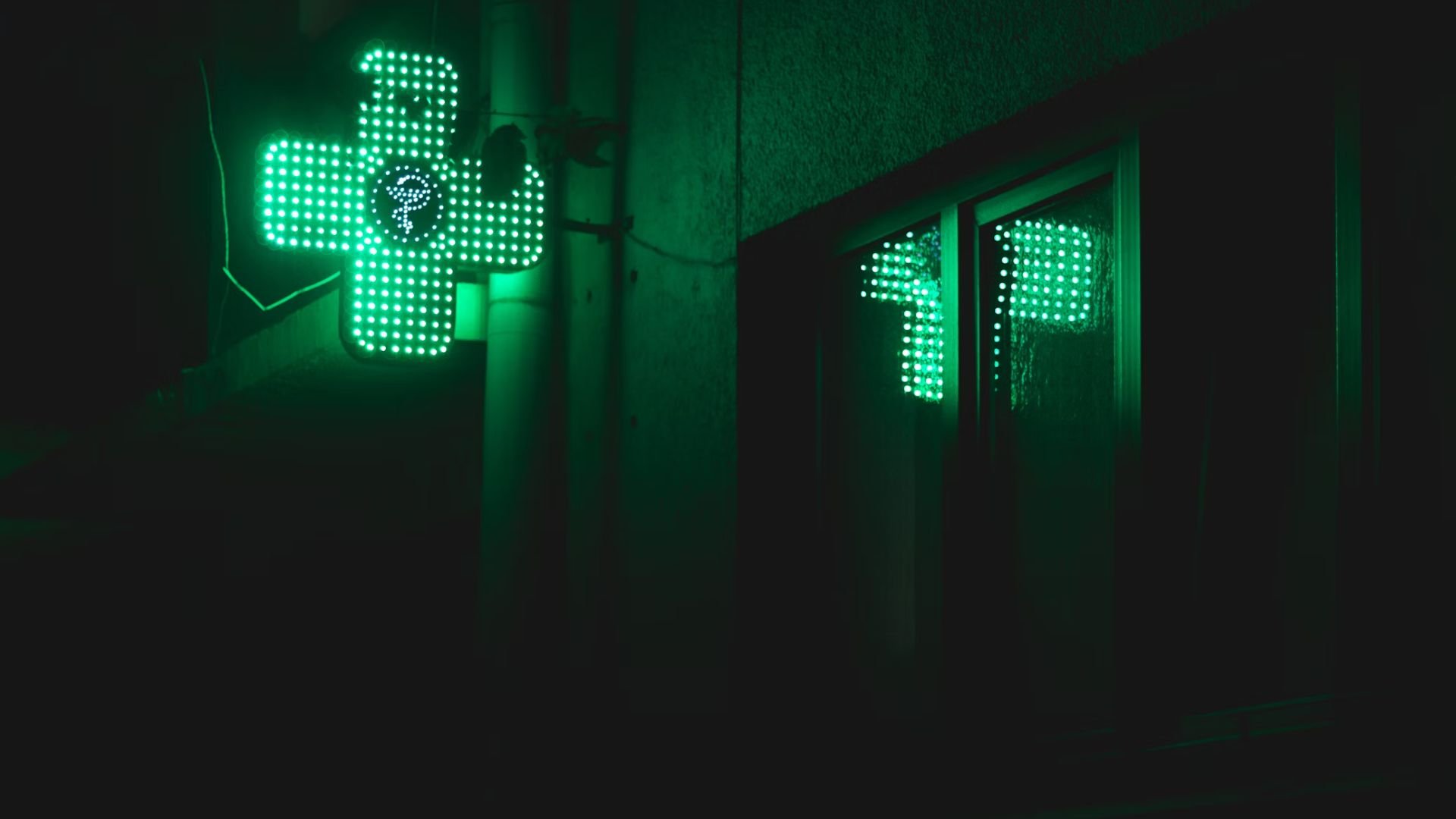
Drugstores and pharmacies seem to bear the brunt of these Chapter 11 bankruptcies, even though these stores will always be needed as people will always require healthcare.
Rx Discount Pharmacy is another that has filed for Chapter 11, showing a growing trend of pharmacies and drugstores that can’t seem to stay afloat despite the nation’s healthcare needs.
What Is Chapter 11 Bankruptcy?

When people hear that a business has filed for Chapter 11 bankruptcy, they immediately believe it is shutting down for good.
However, what Chapter 11 bankruptcy actually involves is the opportunity for a company to completely reorganize itself. This typically involves a corporation or partnership. A Chapter 11 debtor gives the business a reorganization plan to help keep it running while also paying back its creditors.
Chapter 11 Can Be Voluntary or Involuntary

There are two types of Chapter 11 bankruptcy: voluntary and involuntary. The debtor will file a voluntary petition, whereas an involuntary petition is filed by creditors that meet specific requirements.
When filing for Chapter 11 bankruptcy, the debtor must provide the court with a statement of financial affairs, a schedule of assets and liabilities, a schedule of current income and expenditures, a schedule of executory contracts and unexpired leases, and a statement of financial affairs.
Guardian Pharmacy Files Chapter 11

Pennsylvania-based Guardian Pharmacy, a company that offers an array of services for older Americans, including pharmacy services and operating elder-care facilities, has filed for Chapter 11 bankruptcy.
This filing has nothing to do with a similarly named Atlanta-based Guardian Pharmacy Services, which has no affiliation with the Pennsylvania company filing for bankruptcy and continues its operations as normal.
Guardian Pharmacy Opened in 1995
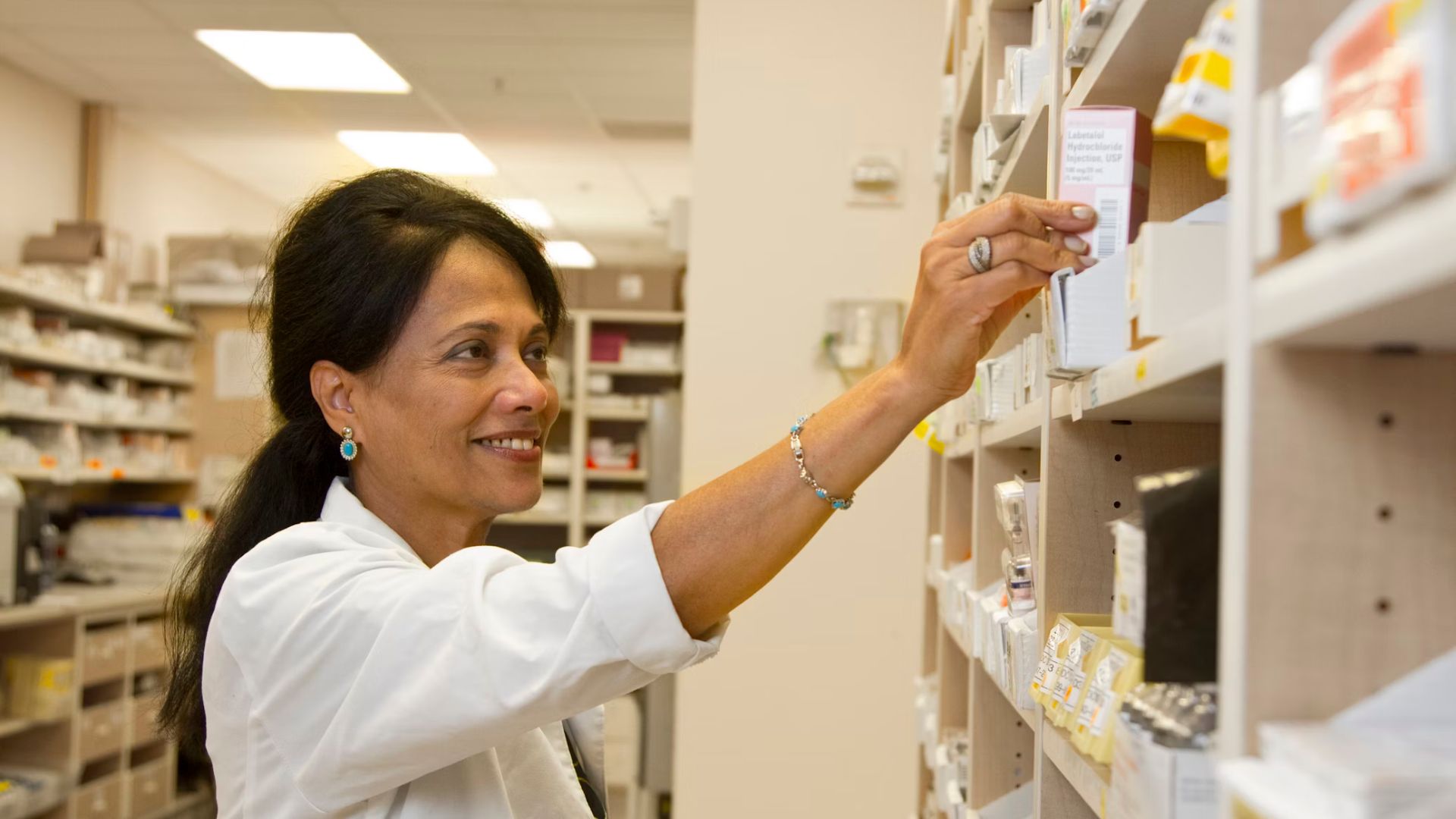
Guardian Pharmacy has been open since 1995. Since then, it has expanded to 23 skilled nursing communities and operates over 2,100 personal care, skilled nursing, and independent living units throughout Pennsylvania and West Virginia.
In addition to all of this, the company also runs an in-house pharmacy. Due to its services, many customers are worried about where they will go to receive them if Guardian Pharmacy does end up having to close down some of its stores.
Overcome by Debt

Guardian Pharmacy filed for Chapter 11 bankruptcy in the United States Bankruptcy Court for the Western District of Pennsylvania.
In the filing, it reported both assets and debts between $1 million and $10 million, naming dozens of subsidiaries and related businesses covered by this filing. It also reported that it had between 1 and 49 creditors.
Paying Off Debts

The filing also indicated that funds would be available for unsecured creditors. The company reported owing almost $27 million to the Pennsylvania Department of Human Services.
It also owed over $3.3 million to Highmark Blue Shield according to the filing. Guardian Healthcare said they took steps to restore financial stability but ultimately was left with no choice but to file for Chapter 11.
Working to the Best Interests of Those Receiving Care
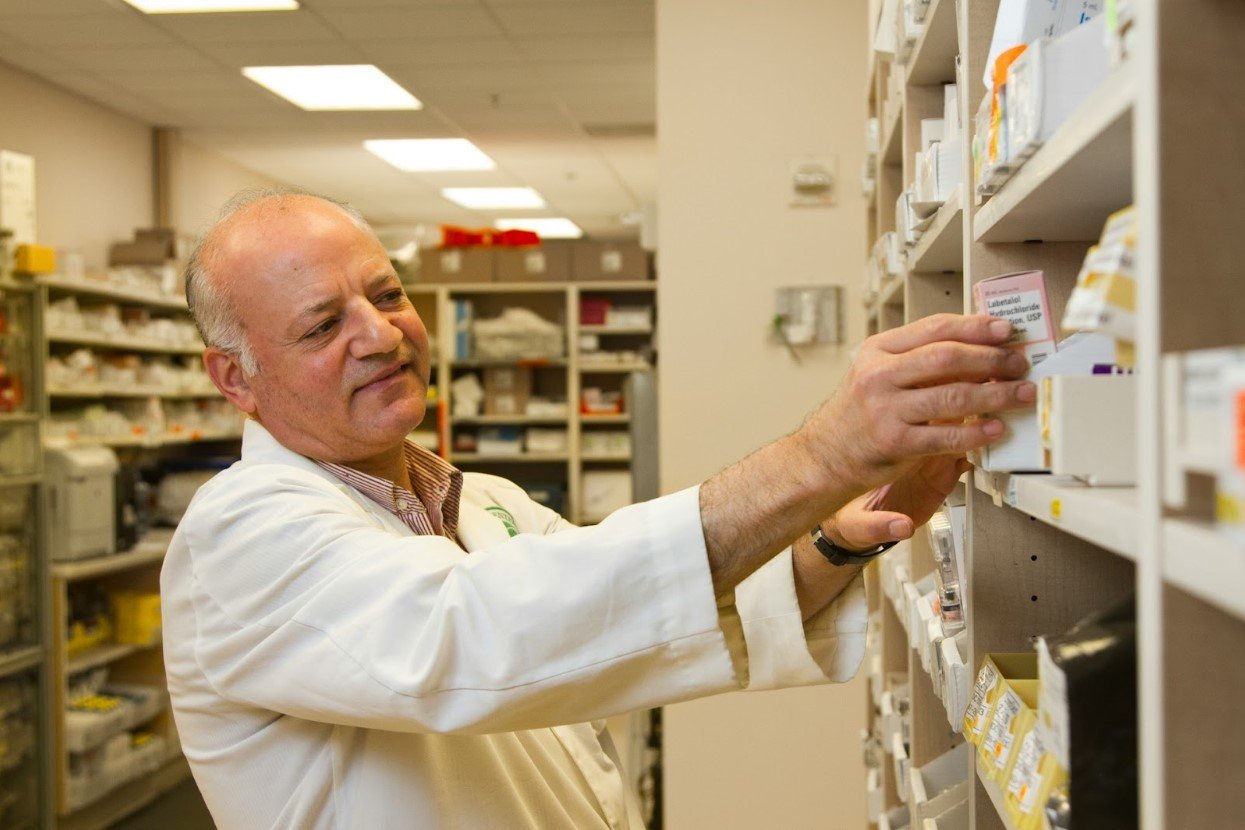
According to Chief Restructuring Officer Allen Wilen of EisnerAmper LLP, “First and foremost, the decision to pursue an in-court restructuring was made with our residents’ best interests in mind.”
He continues: “Today’s action provides the relief necessary to enable the Debtors to continue operating with an ongoing focus on resident care and safety while the Chapter 11 cases are pending and to ensure the best outcome for the Debtors, their estates, their creditors and all other parties in interest.”
How Did It Get to This Point?

There are a lot of factors that led to this bankruptcy filing. For one, the lingering effects of the COVID-19 pandemic are still being felt.
Some pharmacy locations that were once convenient for office workers are now essentially abandoned as people work from home. Add to this things like labor shortages, rising wages, staffing ratios and increased reliance on high-cost agency labor for skilled nurses, and eventually the financial challenges were simply too much to bear.
A Common Occurrence
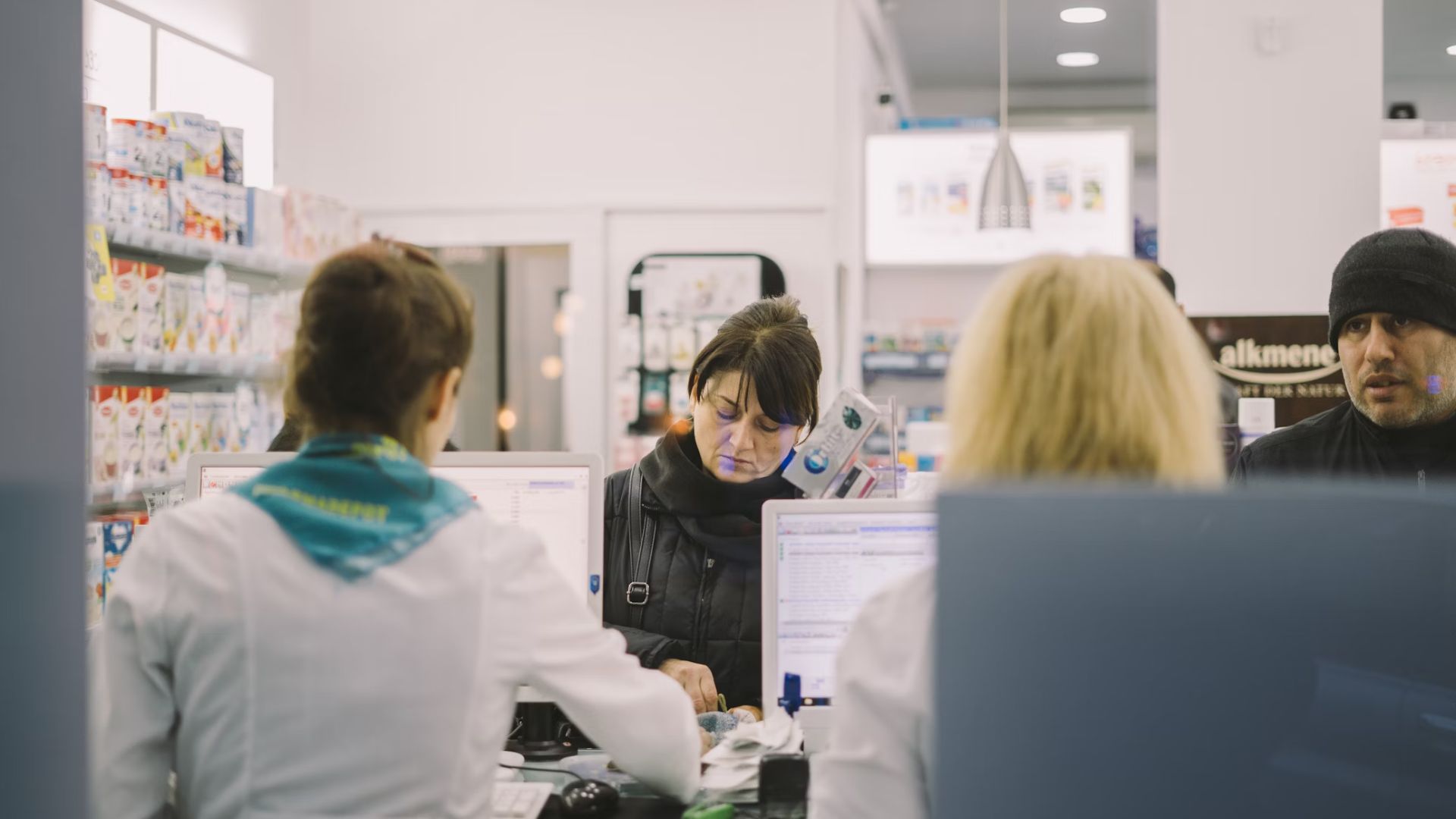
This is an all too common occurrence for many. Michael Herald, the President and CEO of Guardian Pharmacy, has said, “Skilled nursing providers in Pennsylvania are facing a crisis in the current environment.”
Like many healthcare companies, Guardian has been doing all it can to escape this trouble but hasn’t had much luck. Filing for Chapter 11 is hoped to help, but nothing is guaranteed.
Worry for Pennsylvania’s Elderly

Many are now worried for the elderly in Pennsylvania and West Virginia, as Guardian Pharmacy is where a lot of them get their needs taken care of.
However, as its facilities plan on staying open for the time being, those receiving Guardian Pharmacy’s services currently don’t have anything to worry about.
The Best Way Forward

According to Guardian Pharmacy, filing for Chapter 11 bankruptcy is the best option for the business and its customers, as it hopes to maintain normal operations as much as possible.
This is hoped to help the company manage its liabilities, facilitate operational transfers, and ensure continued quality of care.
Next Steps

No financial plan was filed as part of the bankruptcy filings. Guardian Pharmacy says it took steps to try and restore financial stability, but inflation and rising labor costs hindered attempts at a restructure.
Guardian Pharmacy negotiated for over a year with stakeholders to find some other way to navigate its financial hardships, but it couldn’t muster sufficient financial relief. Eventually, Chapter 11 became the best and only option.
What Happens as Part of the Bankruptcy Process?

As part of the Chapter 11 bankruptcy process, Guardian will seek Bankruptcy Court approval to sell eight of its owned nursing facilities. A purchaser will serve as a “stalking horse bidder” for these facilities and their related operations.
The company is also pursuing a transaction to successfully transfer the operations of its leased skilled nursing facilities to another operator. Once this transaction has been finalized, it will be subject to Bankruptcy Court approval.
Guardian Pharmacy Is Committed to the Process

In the hope that things will work out for the company and its customers, Guardian Pharmacy is committed to working with all involved parties to ensure a smooth transition of its facilities and finding a positive resolution to its troubles.
It also plans to keep its stakeholders and community members informed of how the process is going.
Bankruptcy Doesn’t Always Mean Shutting Down

Just because a company is filing for bankruptcy doesn’t mean it will shut down. Sometimes, a company will file for Chapter 11 and emerge from the other side, continuing the business for many years.
Even though there are some cases where a company will be forced to shut down, Chapter 11 at least allows it to do all it can to get out of these troubling times first.
How Can Businesses Avoid Bankruptcy?

Even though many businesses will often do all they can to avoid filing for bankruptcy, there are times when this cannot be avoided. However, there are some things businesses can do that might help them avoid bankruptcy.
This includes effective cash flow management, cost reduction and efficiency improvement, diversifying revenue streams, and forming strategic partnerships and collaborations.
How Customers Can Help a Business Avoid Bankruptcy

Even though businesses are responsible for keeping themselves afloat, customers can do their bit to prevent them from shutting down.
This means actually going into store and buying products, as giving a business your custom helps keep it going. However, it is also the responsibility of the business to adapt to the needs of customers, as not doing this can cause them to go elsewhere.
Businesses Still Feeling the Squeeze

The plight of Guardian Pharmacy is a mix of old and new problems and shows how issues from the past few years still linger. The height of the pandemic was almost five years ago now, but businesses are still feeling a COVID hangover.
Businesses need to look at companies like Guardian Pharmacy and realize no service is safe from the impact of changing customer trends, inflation and other related factors. If strategic management isn’t in place, any type of business it at risk from the lingering threat of bankruptcy.
